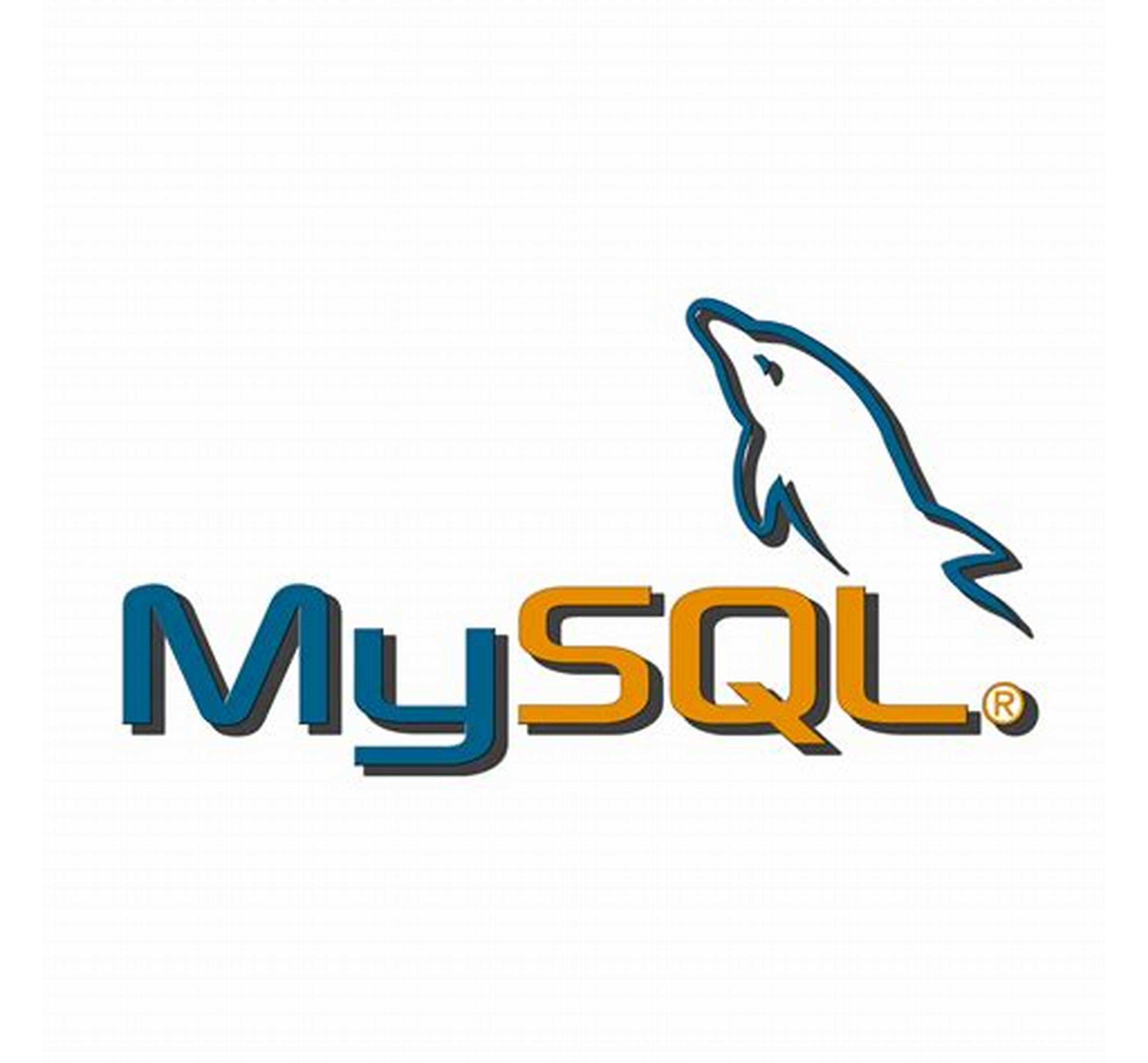Docker nginx/traefik 301 将 http 重定向到 localhost 上的 https
问题:Docker nginx/traefik 301 将 http 重定向到 localhost 上的 https 这是在 Docker中关闭 https 并提供更多信息。我还没有弄明白。 我在 Docker 松弛组中询问过,他们确信它来自 nginx 或 traefik 配置。 在 Firefox 中有一个 SSL_ERROR_UNRECOGNIZED_NAME_ALERT 错误,在 Chro
问题:Docker nginx/traefik 301 将 http 重定向到 localhost 上的 https
这是在 Docker中关闭 https 并提供更多信息。我还没有弄明白。
我在 Docker 松弛组中询问过,他们确信它来自 nginx 或 traefik 配置。
在 Firefox 中有一个 SSL_ERROR_UNRECOGNIZED_NAME_ALERT 错误,在 Chrome 中它是类似的 ERR_SSL_UNRECOGNIZED_NAME_ALERT。我没有通过搜索找到太多关于其中任何一个的信息。
我的 nginx 配置:
user nginx;
daemon off;
worker_processes auto;
error_log /proc/self/fd/2 debug;
events {
worker_connections 1024;
multi_accept on;
}
http {
include /etc/nginx/mime.types;
default_type application/octet-stream;
fastcgi_buffers 16 32k;
fastcgi_buffer_size 32k;
fastcgi_intercept_errors on;
fastcgi_read_timeout 900;
include fastcgi_params;
access_log /proc/self/fd/1;
port_in_redirect off;
send_timeout 600;
sendfile on;
client_body_timeout 600;
client_header_timeout 600;
client_max_body_size 256M;
client_body_buffer_size 16K;
client_header_buffer_size 4K;
large_client_header_buffers 8 16K;
keepalive_timeout 60;
keepalive_requests 100;
reset_timedout_connection off;
tcp_nodelay on;
tcp_nopush on;
server_tokens off;
upload_progress uploads 1m;
gzip on;
gzip_buffers 16 8k;
gzip_comp_level 2;
gzip_http_version 1.1;
gzip_min_length 20;
gzip_types text/plain text/css application/json application/javascript text/xml application/xml application/xml+rss text/javascript image/x-icon application/vnd.ms-fonto
gzip_vary on;
gzip_proxied any;
gzip_disable msie6;
add_header X-XSS-Protection '1; mode=block';
add_header X-Frame-Options SAMEORIGIN;
add_header X-Content-Type-Options nosniff;
map $http_x_forwarded_proto $fastcgi_https {
default $https;
http '';
https on;
}
map $uri $no_slash_uri {
~^/(?<no_slash>.*)$ $no_slash;
}
upstream backend {
server php:9000;
}
include conf.d/*.conf;
}
我的 nginx.conf.default:
#user nobody;
worker_processes 1;
#error_log logs/error.log;
#error_log logs/error.log notice;
#error_log logs/error.log info;
#pid logs/nginx.pid;
events {
worker_connections 1024;
}
http {
include mime.types;
default_type application/octet-stream;
#log_format main '$remote_addr - $remote_user [$time_local] "$request" '
# '$status $body_bytes_sent "$http_referer" '
# '"$http_user_agent" "$http_x_forwarded_for"';
#access_log logs/access.log main;
sendfile on;
#tcp_nopush on;
#keepalive_timeout 0;
keepalive_timeout 65;
#gzip on;
server {
listen 80;
server_name localhost;
#charset koi8-r;
#access_log logs/host.access.log main;
location / {
root html;
index index.html index.htm;
}
#error_page 404 /404.html;
# redirect server error pages to the static page /50x.html
#
error_page 500 502 503 504 /50x.html;
location = /50x.html {
root html;
}
# proxy the PHP scripts to Apache listening on 127.0.0.1:80
#
#location ~ \.php$ {
# proxy_pass http://127.0.0.1;
#}
# pass the PHP scripts to FastCGI server listening on 127.0.0.1:9000
#
#location ~ \.php$ {
# root html;
# fastcgi_pass 127.0.0.1:9000;
# fastcgi_index index.php;
# fastcgi_param SCRIPT_FILENAME /scripts$fastcgi_script_name;
# include fastcgi_params;
#}
# deny access to .htaccess files, if Apache's document root
# concurs with nginx's one
#
#location ~ /\.ht {
# deny all;
#}
}
# another virtual host using mix of IP-, name-, and port-based configuration
#
#server {
# listen 8000;
# listen somename:8080;
# server_name somename alias another.alias;
# location / {
# root html;
# index index.html index.htm;
# }
#}
# HTTPS server
#
#server {
# listen 443 ssl;
# server_name localhost;
# ssl_certificate cert.pem;
# ssl_certificate_key cert.key;
# ssl_session_cache shared:SSL:1m;
# ssl_session_timeout 5m;
# ssl_ciphers HIGH:!aNULL:!MD5;
# ssl_prefer_server_ciphers on;
# location / {
# root html;
# index index.html index.htm;
# }
#}
}
我的 docker-compose.yml 与上一个问题没有变化。
我一直在寻找类似于 traefik 配置的东西,但找不到任何东西。
到目前为止我尝试过的事情:
-
在
map $http_x_forwarded_proto $fastcgi_https内部交换东西,即default $http; http on; https ''; -
删除整个地图块
-
删除 docker-compose.yml 第 140 行对 https 的引用
-
从 docker-compose.yml 中删除第 143 行
-
从 docker-compose.yml 中删除第 147 行
-
为 localhost 创建自签名证书
-
麻布和骨灰
我真的很茫然,任何帮助表示赞赏。
解答
经过 OP 的更多测试和其他用户的评论:似乎在 Nginx 处理请求之后发生了重定向(HTTP 到 HTTPS)。
OP 还使用单个 index.html 文件进行了测试,并且没有重定向到 HTTPS:确认重定向来自 PHP(或至少不是来自 Nginx)。
接下来的步骤是查看 Drupal 配置和/或 htaccess 配置。 OP 更改了一些 Drupal 配置(关于重定向),并成功使 drupal 设置页面仅使用 HTTP。
在这种情况下,最好的办法是始终尝试找出问题的根源:
-
让你的 Nginx 配置最小化:简单的 index.html
-
定期清除浏览器缓存:他们有时会缓存重定向
-
检查/删除 htaccess 以查看行为是否改变
-
最后,如果 Nginx 从任何问题“干净”,并且 htaccess 似乎不是问题:它主要是“之后”,所以问题可能来自“Nginx 向谁发送请求”
-
来自“大型”框架/CMS,如 Drupal、Woocommerce、Laravel... 重定向通常从配置文件或数据库设置“轻松”处理。
-
当您有自定义代码处理重定向时:需要调试
更多推荐
 已为社区贡献15557条内容
已为社区贡献15557条内容







所有评论(0)